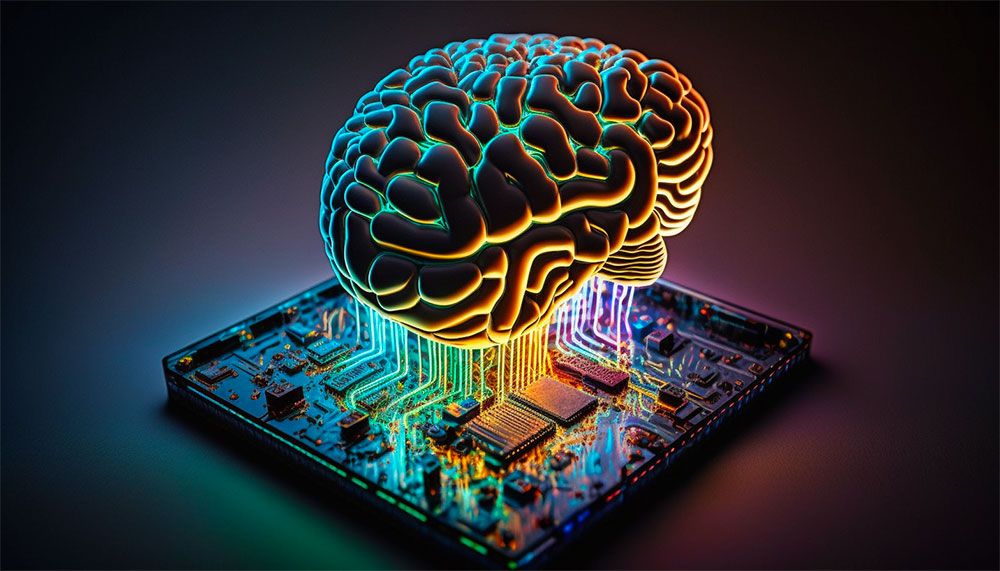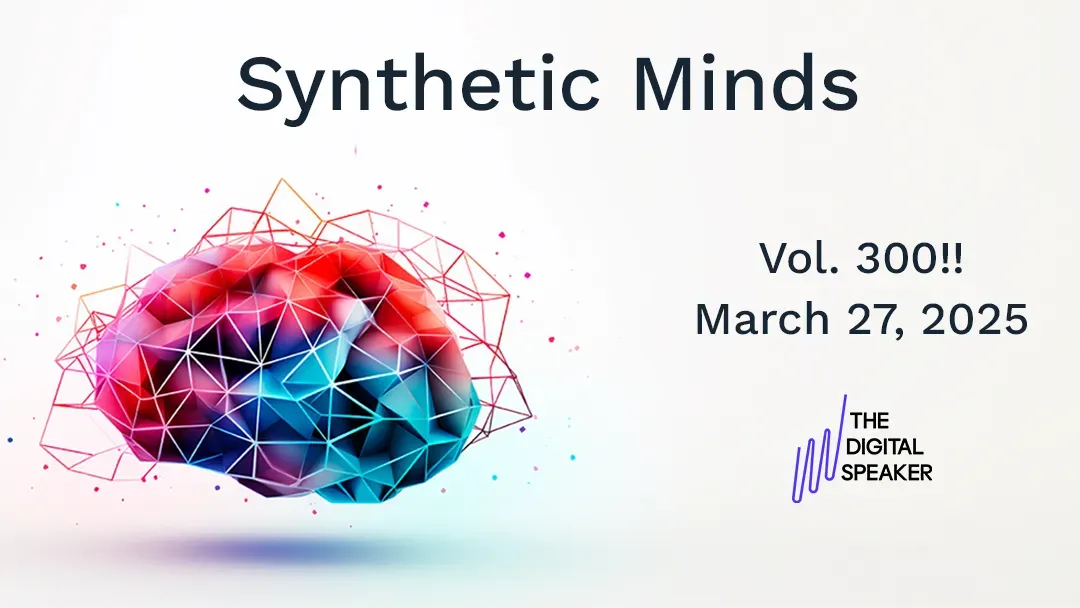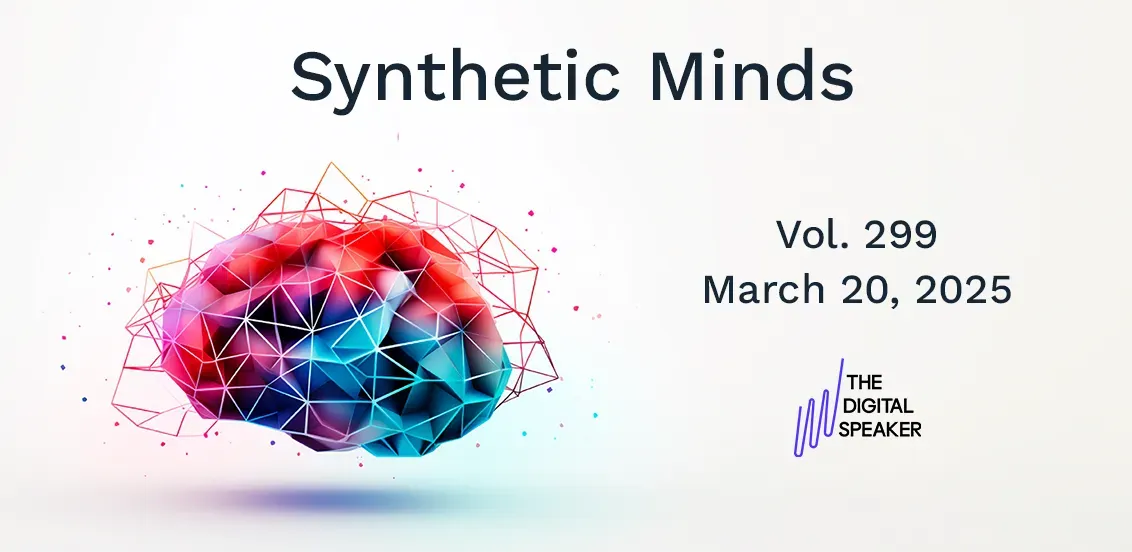The f(x) = e^x | Neuromorphic computing and floppy disks 💾

Good Day! This is my weekly newsletter, with a dose of insights into the future. The topic of this newsletter is the exponential times we live in, hence the title of f(x) = e^x, which is the (natural) exponential function.
You can visit The Digital Speaker to book me as a keynote speaker for your next event or to hire me as a future tech coach for your CEO. Don't forget to tune in to my Step into the Metaverse podcast or read my top ten technology trends for 2023.
Neuromorphic Computing and Hyper-Realistic Generative AI

My latest article:
As the field of artificial intelligence (AI) continues to evolve, the concept of neuromorphic computing is gaining increasing attention for its potential to revolutionise the capabilities of AI systems.
Neuromorphic computing is an approach to artificial intelligence that seeks to mimic the architecture and function of the human brain. This means designing AI systems capable of learning and adapting in a more similar way to human cognition than traditional AI algorithms.
The technology has the potential to be a game-changer in many different areas of society, and its consequences could be far-reaching and complex. Neuromorphic computing has the potential to significantly advance the field of AI, but as always, it is not without risks.
Useful Nuggets of Information
My weekly tips from around the web to get you thinking.
1. China's strict approach to teen social media addiction.
The stark contrast between how China and the United States approach teen addiction to social media is astounding. While China has taken strict measures to limit teen addiction to social media through its domestic app, the Western version continues to dominate children’s lives. (MIT)
2. The wild world of the sharing economy.
The sharing economy has moved beyond spare rooms and holiday homes to include tennis courts, boats, music studios and pet-friendly spaces. Platforms such as Swimply, which connects pool owners with people seeking a private swim, and Sniffspace, which connects dog owners with secure outdoor spaces, offer homeowners passive income. (The Guardian)
3. The “embodied” workplace experience of the future.
The workplace is changing again with the emergence of the metaverse, which will blur the lines between digital and physical work and personal lives. The future metaverse workplace could be either a specialised or common workplace in the next 3 to 5 years. (VentureBeat)
4. Generative AI could be worth $15 trillion by 2030.
According to CSIRO, generative AI could contribute trillions of dollars to the global economy; however, its illegal use in scams, deepfakes and romance bots could do untold damage, creating serious problems unless regulation keeps up with the technology. (The Conversation)

Floppy disks just won’t die 😱
A few industries, including aviation, still rely on floppy disks, despite the fact that the last major manufacturer of floppy disks stopped making them in 2010. (Wired)
Know someone who needs the f(x) = e^x?
Forward it to someone who might like it too.
Subscribe here if it was forwarded to you.




